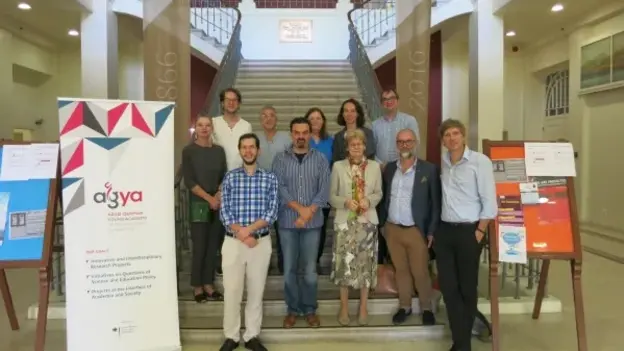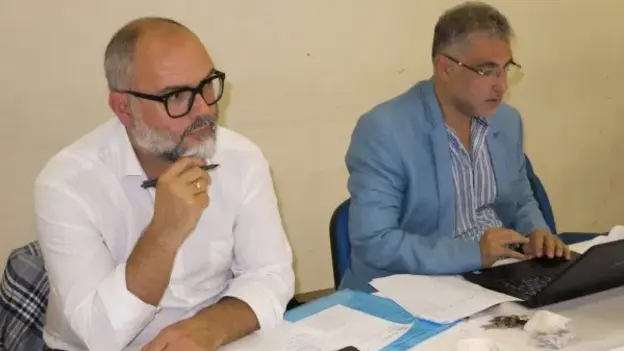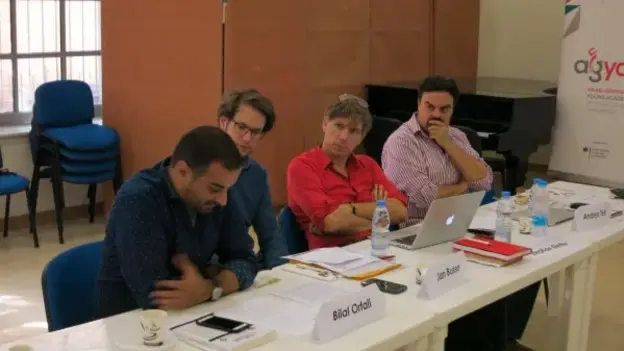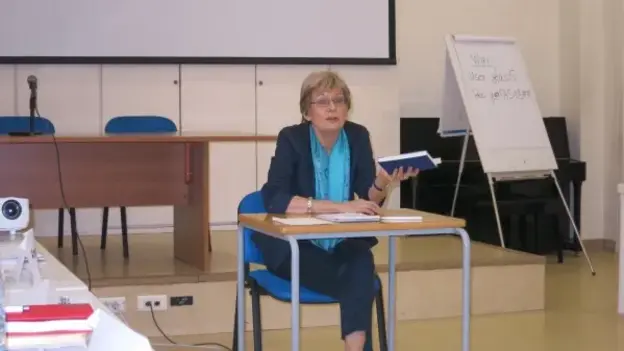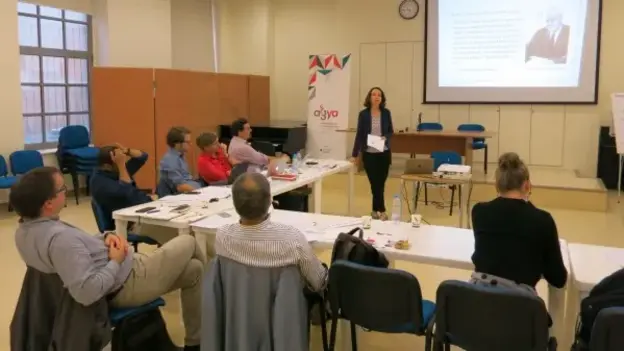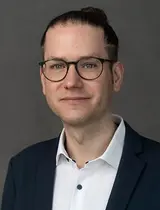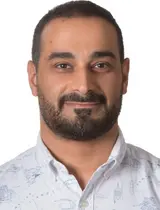Working Group Project
The Area Studies Controversy Revisited
Workshop
Even two decades after its inception, there is a clear need to revisit the so-called Area Studies Controversy (ASC) from multiple disciplinary angles. This insight guided the participants of the workshop “The Area Studies Controversy Revisited”, held at the American University of Beirut, Lebanon on 29 and 30 September 2018. The workshop took place with the support of the Arab German Young Academy of Sciences and Humanities (AGYA) as a project of its Transformation working group. It brought together a diverse group of scholars with different disciplinary backgrounds from Europe and the Middle East.
Revisiting the Area Studies Controversy from Multiple Angles
As part of the first panel, which encompassed engagements with overarching issues of the Area Studies from different disciplinary perspectives. Morten Valbjørn Associate Professor at the Department of Political Science at Aarhus University, emphasized the need to make use of the lens of the “Global IR debate”. He observed that the ASC has historically fluctuated between hierarchical and reflexive forms of dialogue but it has the potential to become a transformative dialogue, too.
Sari Hanafi, Professor of Sociology at the American University of Beirut examined the situatedness of Area Studies in the Middle East between Islamization and Post-colonial Studies. Contrary to these perspectives, Hanafi suggested to study both Western and indigenous knowledge in their own right and to accommodate both.
Birgit Schäbler, Director of the Orient-Institut Beirut and Professor of the History of Western Asia, described history as a conservative and inward-looking discipline. According to her, a major problem lies in the fact that perspectives from other parts of the world are often treated as information, while German and European histories could be described as Area Histories themselves.
An Engagement of International Relations and Middle East Studies
The second panel addressed the ASC through the lens of the relationship between IR and Middle East studies. Bahgat Korany, professor of IR at the American University in Cairo, stressed that while originally area studies were on the defensive, this is no longer the case. Rather, the competencies of area specialists with a new generation have significantly improved. Young scholars and students do not see the problem of the Controversy because they are specialists in the Middle East and the disciplines.
Jan Busse, Senior Researcher in International Politics and Conflict Studies at the Bundeswehr University Munich and AGYA Member, addressed the ASC through an engagement with World Society theorization and governmentality. For that purpose, he referred to the empirical example of Palestine and pointed out that power dynamics here rely on a globally pervasive pattern of modern governmentality which is structurally embedded in the overarching structural horizon of world society.
In his presentation, Andrea Teti, Senior Lecturer at the Department of Politics and International Relations of the University of Aberdeen, argued that the discursive structure of the Area Studies Controversy (ASC) remains unchanged, specifically the epistemic divergence within orthodox Social Science between universalizing Disciplines and particularlist Area Studies which undermines interdisciplinary research. He also pointed out that in practice ‘area scholarship’ could no longer be accused of being theoretically weak or derivative, with innovative work being done in both orthodox and critical veins.
Dealing with the Area Studies Controversy in Different Research Contexts
The contributors to the third panel addressed the ASC in different research contexts. Jan Claudius Völkel, Marie Skłodowska-Curie Fellow at the Institute for European Studies of the Vrije Universiteit Brussel and AGYA Member, assessed the possibilities and limitations of measuring democracy in the Middle East and North Africa (MENA). Based on his own experience as regional coordinator “Middle East and North Africa” at the Bertelsmann Foundation’s Transformation Index (BTI), he elaborated on the problems related to such an endeavor.
The role of mid-range concepts as a solution to the ASC were introduced by Katja Mielke, Senior Researcher at the Bonn International Center for Conversion (BICC). She pointed out that thereby the gap between mere theory and empirics can be bridged.
Bilal Orfali, Associate Professor of Arabic Studies at the American University of Beirut and AGYA Member emphasized that a dichotomous separation of the East and West is dangerous, in particular, because it results in two different areas of research with little common ground.
Knowledge Production from Different Perspectives
The final panel of the workshop dealt with knowledge production from different perspectives. Claudia Derichs, Professor of Transregional Studies of South-East Asia at the Humboldt University Berlin made clear that it is important to take into account the internal heterogeneity of regions. She questioned that geographical space represents a useful category under which this heterogeneity can reasonably be assembled.
Stephan Stetter, Professor of Global Politics and Conflict Studies at the Bundeswehr University Munich, advocated for de-westernizing concepts such as state, nationalism and individualism. According to him, we cannot talk anymore about analytic universalism and historic particularism as it was the case in the original Controversy. The focus should not be on methodology but on how to generate meaningful insights into the region.
Finally, Seteney Shami, Founding Director-General of the Arab Council for the Social Sciences stressed that while the ASC persists, its context and its stakes have changed in the past 20 years. There is much diversity in the ways in which the study of different areas is organized, in terms of disciplinary configurations and thematic foci. Thus, there is a need to focus on the genealogy and history of different area studies.
It was an important achievement of the workshop to facilitate a substantive dialogue and exchange of ideas between scholars with different disciplinary backgrounds from Europe and the Middle East.
- Venue
- American University of Beirut, Lebanon
- Project Title
- Interdisciplinary International Workshop: ‘The Area Studies Controversy Revisited’
- Year
- 2018
- Funding Scheme
- Working Group Project
- Working Group
- Dynamics of Transformation
- Countries Involved
- Lebanon, Germany
